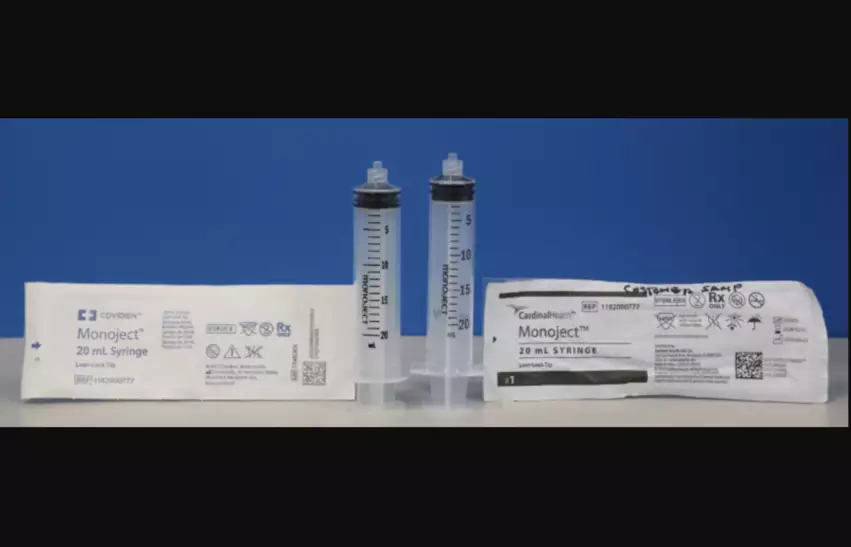FDA announces recall of more than 32 million disposable syringes
Cardinal Health is recalling more than 32 million disposable syringes, according to a new alert from the U.S. Food and Drug Administration (FDA). This is a Class I recall, which means the FDA believes using these products “may cause serious injuries or death.”
The company first started distributing its Cardinal Health Monoject syringes in June 2023. Compared to the Covidien Monoject syringes, however, these newer products were designed with different dimensions that are causing ongoing issues with syringe pumps. According to the FDA, these different dimensions “may result in pump performance issues such as overdose, underdose, delay in therapy, and delays in occlusion alarms.”
The recall includes a total of 32.43 million disposable syringes distributed from June to August 2023. A full list of product names and product codes is available on the FDA’s advisory.
Cardinal Health has received 15 reports of therapy being delayed due to this issue. There have been another 13 reports of inaccurate volume/rate dispensing.
The FDA emphasized that this is not necessarily a correction, it is a warning that the Cardinal Health Monoject syringes should not be used with syringe infusion pumps.
The Covidien-branded Monoject syringes can still be used with syringe infusion pumps if customers still have those on hand.


